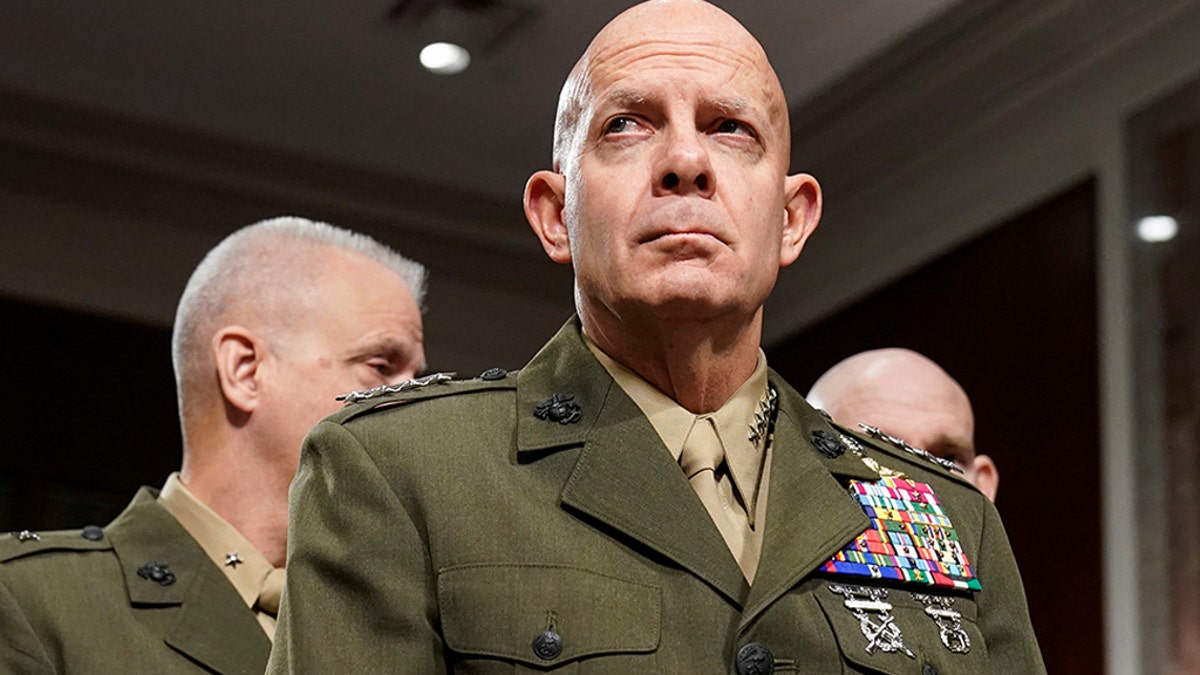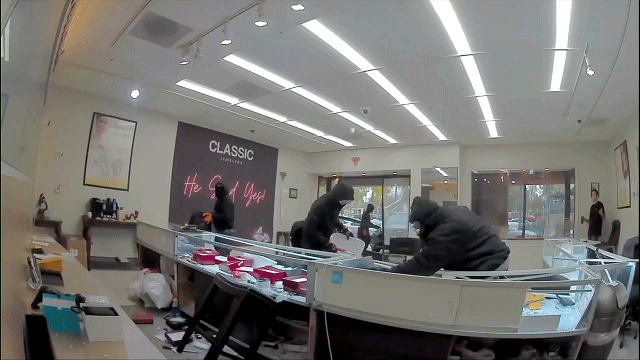Fox News Flash top headlines for June 5
Fox News Flash top headlines are here. Check out what's clicking on Foxnews.com.
The U.S. Marine Corps (USMC) banned display of the Confederate flag at its military installations Friday, on everything from bumper stickers to coffee mugs.
"The Confederate battle flag has all too often been co-opted by violent extremist and racist groups whose divisive beliefs have no place in our Corps," the service branch said in a statement."Our history as a nation, and events like the violence in Charlottesville in 2017, highlight the divisiveness the use of the Confederate battle flag has had on our society."
“This presents a threat to our core values, unit cohesion, security and good order and discipline,” the statement read.
The flag is now banned from display on public and workspaces in any capacity-- bumper stickers, clothing, mugs, posters, flags, etc. It is not banned where “it is depicted, but not the main focus,” such as works of art or educational or historical displays of Civil War battles. It is also allowed on state-issued license plates and confederate soldiers’ gravesites.
MARINE CORPS VETERAN SHOT WITH RUBBER BULLETS BY POLICE AT PROTEST, 'I HAD MY HANDS UP'

Gen. David Berger, commandant of the Marine Corps (REUTERS)
The flag banning follows nearly 10 days of protests across the country following the death of George Floyd. They have spurred the removal of symbols of those who fought in the Civil War on the side of the slavery-backing Confederacy, with the governors of Virginia and Kentucky announcing they will remove confederate statues.
In April, Marine Corps commandant Gen. David Berger penned a memo saying "anything that divides us, anything that threatens team cohesion must be addressed head-on."
CLICK HERE FOR THE FOX NEWS APP
"I am mindful that many people believe that flag to be a symbol of heritage or regional pride," Berger added. "But I am also mindful of the feelings of pain and rejection of those who inherited the cultural memory and present effects of the scourge of slavery in our country."









































